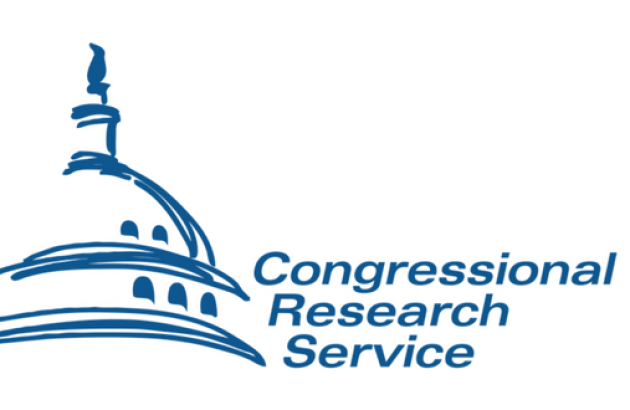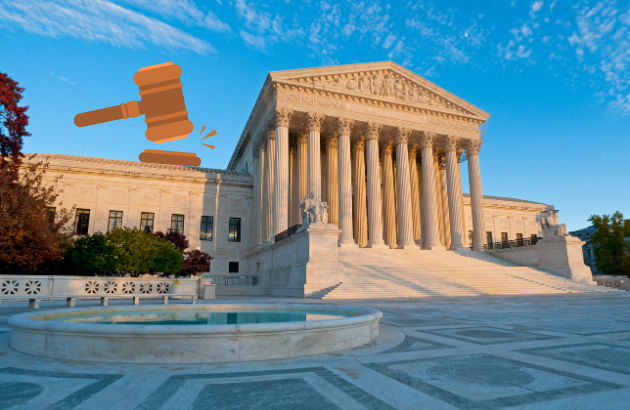Blog
Congressional Research Services (CRS) Reports
Last fall, Dr. Carla Hayden, the Librarian of Congress, announced that the library had begun to provide Congressional Research Service (CRS) reports to the public for the first time in history. Authored by experts, CRS reports provide policy and legal analysis, offering multiple perspectives on complex legislative issues for Congress members’ deliberation. Previously available only to members of Congress, these reports now offer a free trove of authoritative, nonpartisan research for the public’s exploration at https://crsreports.congress.gov/.
If, for instance, you’re looking for credible information about Clean Air Act Issues in the 116th Congress, categorical eligibility for the Supplemental Nutrition Assistance Program (SNAP), or Past Government Shutdowns, you’re in luck. Or perhaps, in the course of your legislative history research, you’ve decided that you would like to learn more about the Legislative Process on the House Floor. Maybe you’re curious about how the World Bank President is selected, given the recent announcement of the current bank President’s impending retirement. There are CRS reports on these topics and many more, with multiple reports issued daily.
The CRS report website allows users to search for reports by keyword or author. To browse, click the “Search” button without entering any search terms. Results can be filtered by topic, author, date, and status of the report (active or archived). The site also includes Appropriations Status Tables for fiscal years 1999 - 2019 and an About page with FAQs.
If you’d like to use information from the CRS reports in your research, you can reproduce all or part of the reports without permission, as they are works of the U.S. Government and not subject to copyright protection.
As of this writing, new and recently updated reports are available from the beginning of 2018 forward. Prior reports will be published on the public website “as soon as practicable,” according to the site’s FAQ section, with a completion date set for spring of 2019.




